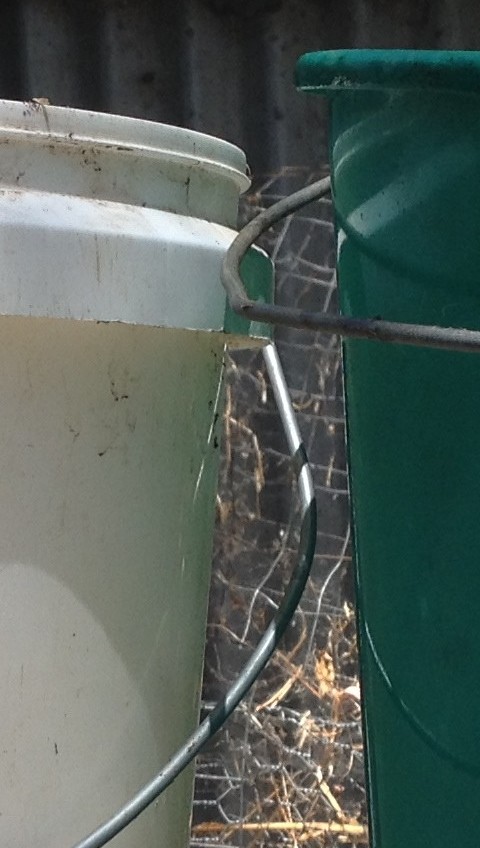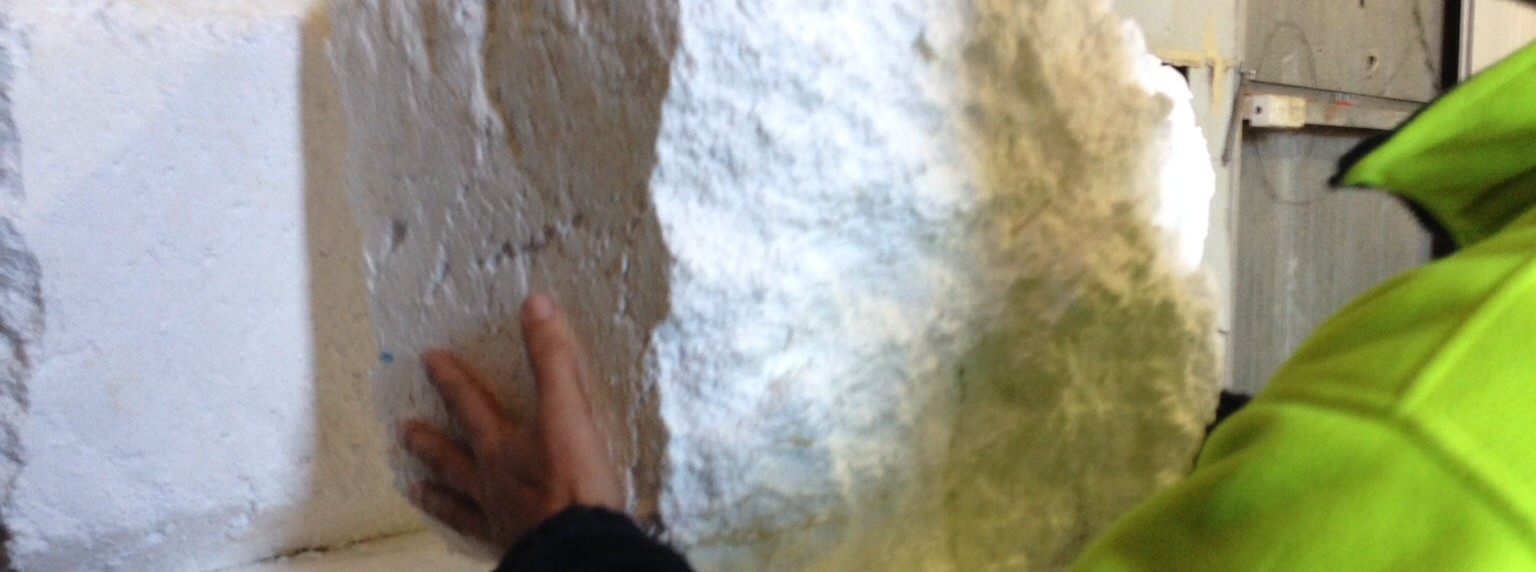The possible uses for these buckets include in ground compost or worm farm

Containers like buckets are often used and extremely useful. But how frustrating is it to actually BUY a bucket and find the handle broken and the walls cracked on its second outing? The dollar bucket is not even a bargain. Produced on the cheap in China and designed to obviously carry nothing heavier than feathers!
Maybe have a look for a discarded bucket. There are many to be had for free in the bin at the back of the cafe/fast food venue, on their way to landfill. Perhaps they once contained relishes, sauces and jams, meaning they’re food grade with strong, heavy duty handles and tight fitting lid. These buckets are often molded in WA, if filled with local product. The possible uses for these buckets include in-ground compost or worm farm, doggy poo worm farm, planter pot, water collection system, food storage (sometimes previous materials have absorbed into plastic so dry food storage best).
Another supply source is the skip bin on the building site. Although these finds would be best used for garden projects as they will have contained cement or other building material.
Where do these strong white buckets come from? Most plastic* as we recognise it now is derived from petroleum There are often number codes on the items to indicate the kind of plastic. The white buckets are HDPE (high density polyethylene), made from virgin material although the finished product is all recyclable. There are many fabricators of plastic products in Perth, but the raw materials come from China, US and Europe;- Germany in particular. The virgin material is manufactured as small pellets called ‘nurdles’. These are transported around the world and mostly molded into products at the country of use.
Recycling plastics is problematic, as it must be transported, separated according to type, cleaned, chipped to then compete with relatively cheap virgin material. Only 9% of plastics are currently recycled and then only recycled once.
*plastics. any of a group of synthetic or natural organic materials that may be shaped when soft and then hardened, including many types of resins, resinoids, polymers, cellulose derivatives, casein materials, and proteins: (web: Dictionary.com)




